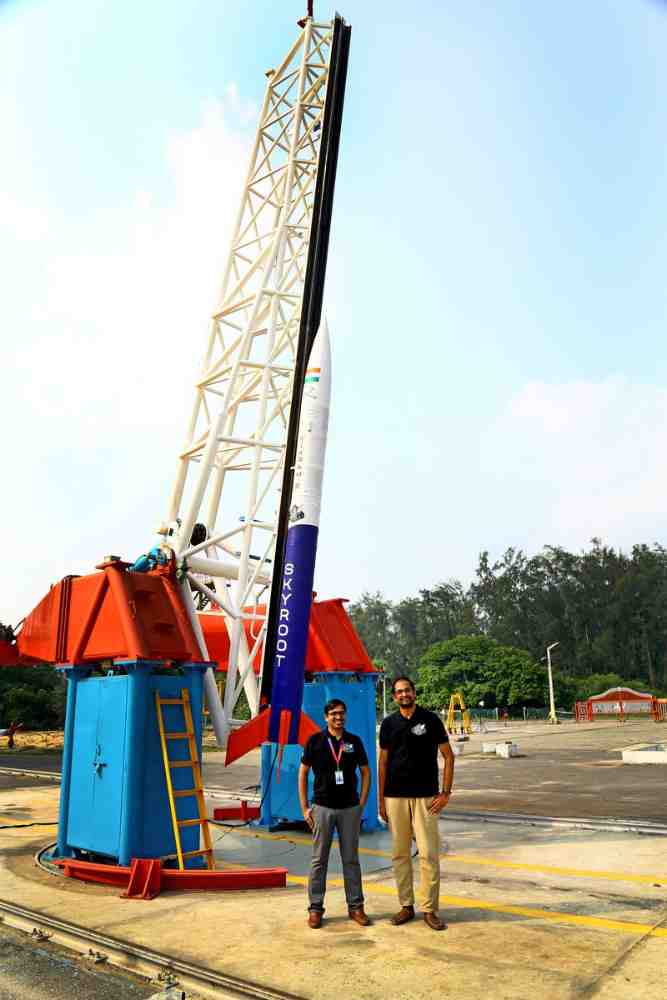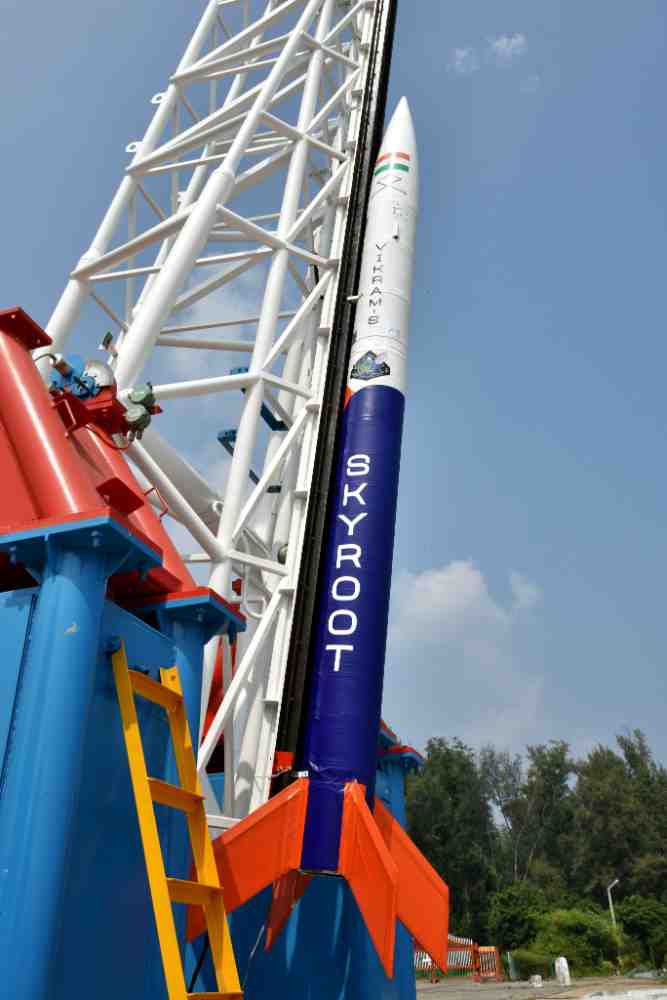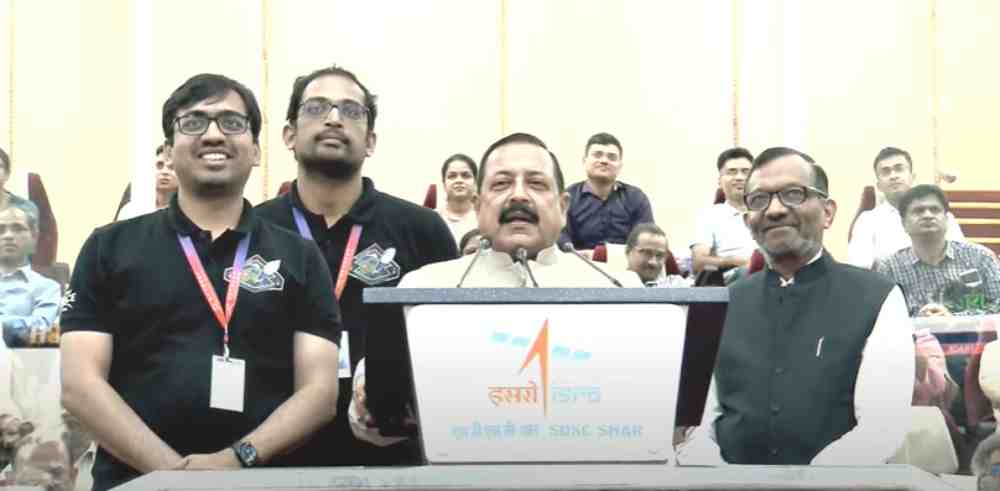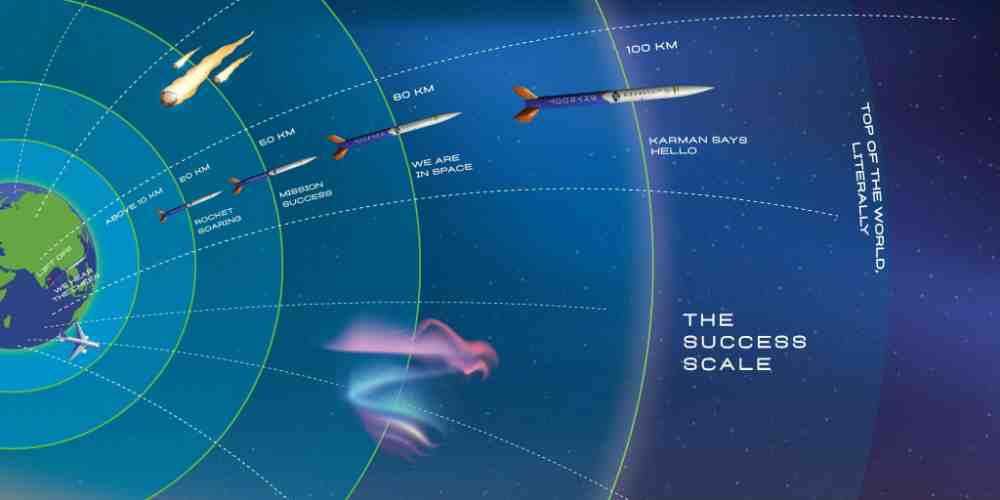A new history was born in the field of Indian space exploration when Vikram-S was launched from the spaceport at Sriharikota.
Skyroot Aerospace, India’s largest private space startup, named the mission ‘Prarambh’ as a symbol of a new beginning. Skyroot Aerospace is the first startup to sign an MoU with ISRO. Skyroot’s success will provide a boost and incentive to other start-up companies to enter the space sector.
In June 2020, the Government announced a new scheme called ‘IN-SPACe’ to increase private participation in the space sector. To increase the diffusion of space technology and boost the space economy within the country, the Center encourages the participation of private companies in space activities.
Private sector involvement in India’s space industry dates back a long time, albeit on a smaller scale. A large part of the manufacturing of rockets and satellites are done in the private sector. The participation of research institutes is also increasing. Many Indian companies are looking forward to taking advantage of opportunities in the space sector. A few companies are in the process of developing their launch vehicles, the rockets that carry satellites and other payloads into space.


ISRO is also willing to provide all its facilities to private companies. Private companies can build their launch pad inside the Sriharikota launch pad and ISRO will provide the required space.
Private participation will help give the Indian space sector the momentum and impetus it needs to compete with other big space agencies like NASA. ISRO will have time to focus on science, research and development, interplanetary exploration and strategic launches. Private companies can launch routine and commercial launches, as well as weather and communications satellites. India has a number of space missions ahead of it in the coming years, including a mission to observe the sun, a mission to the moon, human spaceflight and a manned lunar landing.


To achieve all this, ISRO needs the help and backup of the private sector. The economic benefits from future projects are huge and can be shared by the private sector and ISRO. The entry of the private sector will broaden the country’s space economy. According to Government data, the Indian Aerospace Industry was valued at $7 billion in 2019, but is poised to grow to $50 billion by 2024.
As a result, the European Space Agency (ESA) and NASA are monitoring and tracking the rocket launched by a small startup in Sriharikota.
